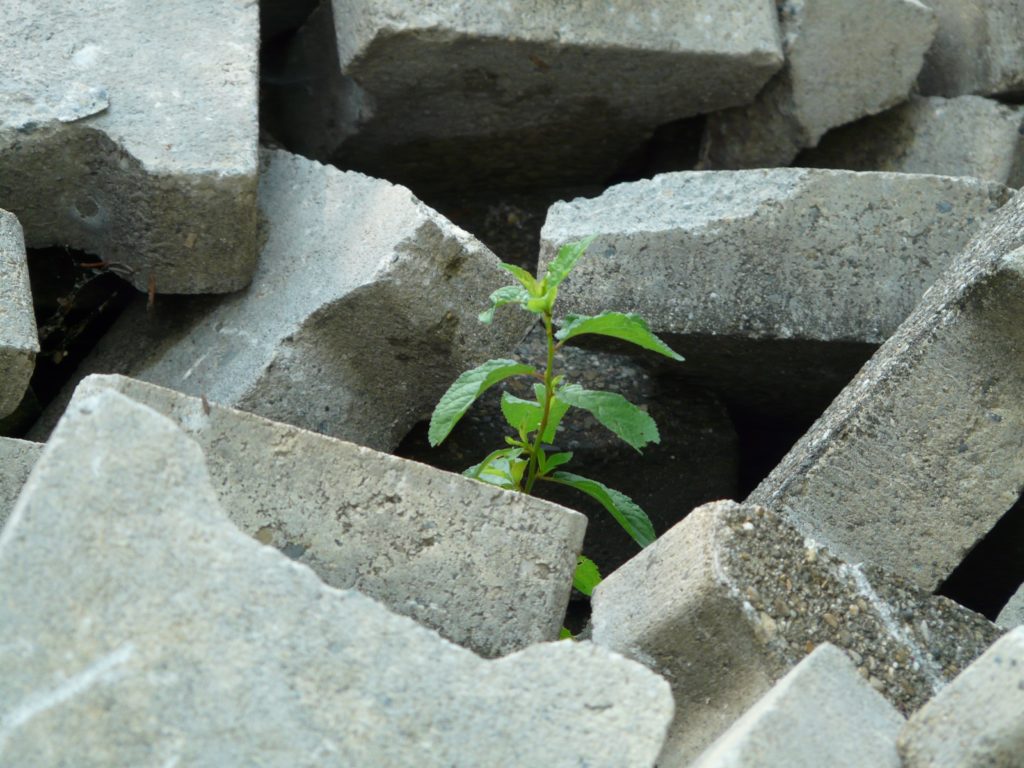
Part of being human is having difficulties. And, our difficulties can come from any number of sources. For starters, change is constant and any change can be stressful – even a positive change!
So what are us mere mortals to do in the face of the inevitable difficulties?
A very powerful and compelling answer is articulated in the Jewish mystical tradition. It comes from an eminent Hasidic teacher named Rabbi Zvi Elimelekh of Dinov. He taught in the first part of the 1800’s in Galicia, which is part of modern-day Poland.
Starting with our blessings – literally
Rabbi Zvi Elimelekh has a teaching that begins by bringing our attention to the blessings we say over food. It can be summarized as follows:
In Judaism, the more general a food blessing is, the less holy it is considered to be. For example, one says the most general blessing over a glass of water. Apples get a more specific blessing because they are fruits that grow on trees. If, however, an apple is turned into juice, it receives the same general blessing as water. In that sense, the apple gets a “less holy” blessing after it is broken down.
A grape, on the contrary, starts with a “fruit of the tree” blessing but gets a higher blessing after it is broken down and becomes grape juice or wine: Borei Pri HaGafen. In other words, grapes are special because they ascend in holiness after being crushed.
Ending up more blessed than we began
According to this teaching, we should strive to be more like a grape than an apple. If we experience difficulty—if we are broken—we can remember that it is possible to learn and grow as a result of the experience. This means that, with intention and effort, we can actually become better for having gone through that difficult time. We can be more blessed in the end.
But how?
Rabbi Zvi Elimelekh is pointing us towards a wonderful possibility, but achieving it requires an essential first step: feeling. We need to actually *feel* our difficulties in order to glean their wisdom. We can do this through journaling, praying, speaking to a confidant, being present with the sensations in our bodies and numerous other techniques. How we relate with our difficulties is as varied as the range of humans themselves.
We kindle the brighter flame
The message that we find so enduringly valuable in this Old World rabbi’s teaching is not that there is already light at the end of every tunnel of difficulty. Rather, we can trust that the process of going through the dark difficulty is worth it because of the brighter flame we ourselves can kindle on the other side.
This article was written by Melina Ponak and Matthew Ponak.